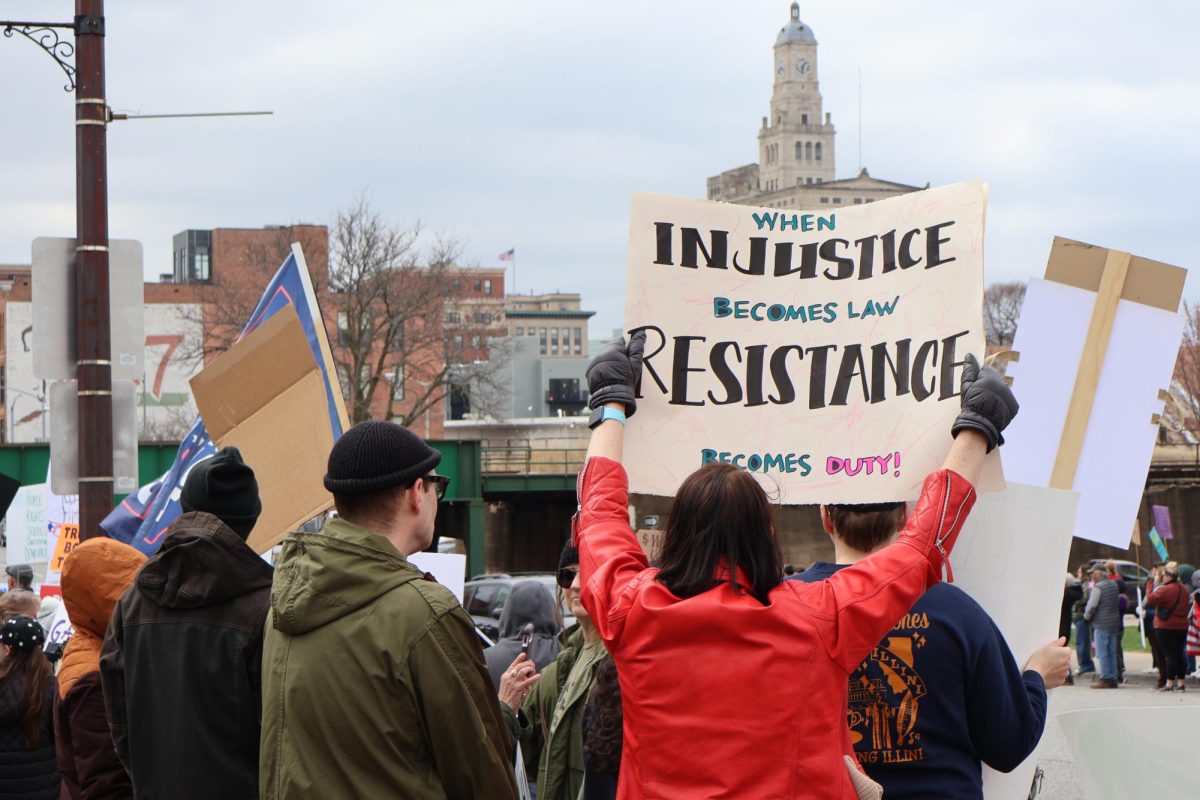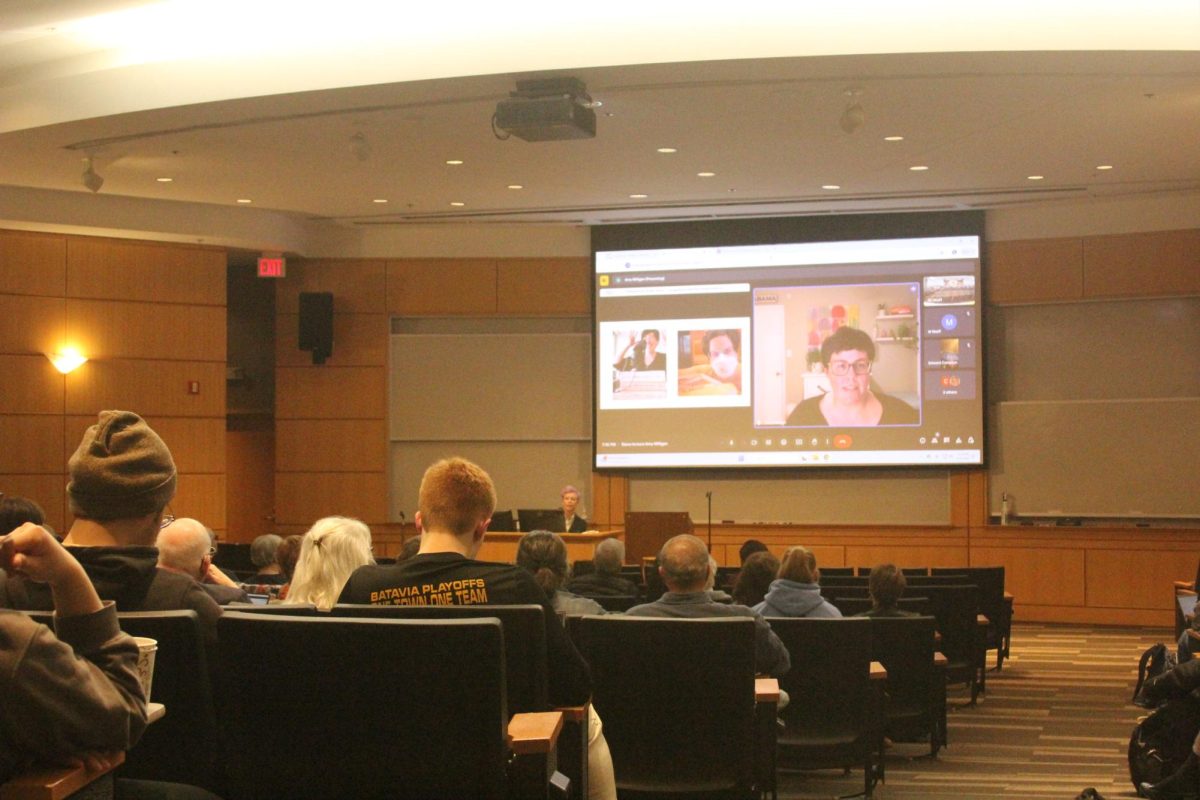Iowa is notorious for introducing legislation that restricts the rights of already marginalized populations while benefiting the dominant people in society. The Religious Freedom Restoration Act is no exception. If this bill is passed, it would lead to even greater discrimination of already marginalized populations.
Senate File 2095 (SF 2095) said that the purpose and intent of the act is “to restore the compelling governmental interest test and to guarantee its application in all cases where the free exercise of religion is substantially burdened by state action.”
It also says that it intends “to provide a claim or defense to a person whose exercise of religion is substantially burdened by state action.”
This bill would have a severe negative impact on everyone who is not part of the dominant group of people in society—the cisgender, heterosexual white men—and would have the potential to affect every Augustana student outside of that group. The intent of the legislation seems to be to make discrimination legal, quoting religious freedom as the reason.
This sort of power move made by the dominant members of society exposes itself in bills such as these and is unacceptable.
Having religious freedom and protection is not a bad thing. I must emphasize that.
But when a new bill is proposed that could harm those who do not share the same ideas and beliefs, that is where some protections are not an inherent right. People who live in the United States have protections in place through the Constitution and among those is the First Amendment. The amendment covers the freedom of expression, assembly, religion and petitions to the government.
One of the reasons people come to America is not only to start a better life but also to experience the religious freedom protected by the Constitution.
This bill would allow states to gloss over any prejudice if someone were to have an opposing opinion or belief.
Basically, people who would currently face penalties under state or local laws for discriminating against groups of people would no longer face these penalties unless the religious protection they would be granted would interfere with the highest level of government interest. Instead, they would be allowed to take legal action to be granted “appropriate relief.”
Because campus is so close to Iowa, Augustana students could be impacted by this legislation. With the rise of religious freedoms being questioned and discriminated against, people are put at risk of not being able to find housing, jobs or start businesses.
However, not everyone in Iowa is in favor of the bill. Representative Mary Madison from West Des Moines, Iowa, said, “No person should be allowed to use their faith to impose it on another person, or to take away their rights.”
The religious belief that the person discriminates on the basis of does not need to be a commonly held belief within the religion, according to the language of the bill. This introduces an incredibly dangerous precedent and could lead to people claiming that something goes against their religion, even if the widely held beliefs of that religion do not reinforce their claim.
Bills like these that benefit the already powerful members of society have no place in our legislation. Human beings deserve the right to live as themselves without fear. If Iowa continues down this path of discrimination, it could set a precedent that needs to be avoided.






































































































